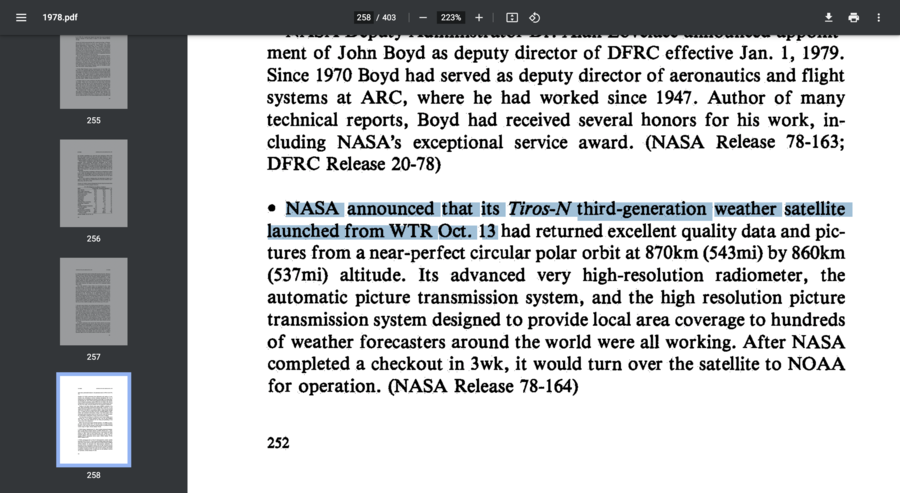
Did NASA stop investigating the deepest layers of the world's oceans 34 years ago? No, that's not true: NASA's main exploration ventures are in space, but, according to the agency's website, it still explores the ocean, too.
A claim asserting that NASA has stopped its oceanographic work appeared in an Instagram video on August 30, 2022.
The video appears to be a repost of a 2021 TikTok video that has since been deleted.
The video opens with an automated voice and text teaser asking:
Have you ever wondered why nasa stopped exploring the ocean ?
This is what the Instagram post looked like at the time of writing:
(Source: Instagram screenshot taken on Thu Sep 1 14:37:15 2022 UTC)
The narration alleges that NASA began exploring the deep sea in 1958, but stopped exploring it "for some reason," on June 28, 1978. After that, the automated voice continues, NASA began focusing on "getting us off the planet."
There are no sources included in the video to support these claims.
The Instagram video concludes by asking the viewer what they think made NASA stop its exploration and what they think NASA found in the ocean.
Contrary to this video's claims, NASA did not start exploring the ocean in 1958. According to the agency's website, "NASA has been exploring the ocean for more than 20 years."
Mainstream media routinely report about the agency's ocean-focused satellites. A 2014 NASA article about the agency's study of the ocean's abyss, the zone between 6,600 feet and 20,000 feet deep, can be found here.
The NASA satellite Seasat, described as "the first civilian oceanographic satellite," kicked off this era of exploration on June 28, 1978, NASA's Earth Observing System website reports. Though "a massive short circuit in the spacecraft's electrical system" prompted NASA to end Seasat's operations in October 1978, NASA launched another pioneering oceanographic satellite, TIROS-N, that same month, on October 13, 1978, according to the agency.
The 1978 edition of Astronautics and Aeronautics, an annual NASA-published chronology of key events in the space and aeronautics field, describes TIROS-N's launch on October 13, 1978:
(Source: History.nasa.gov screenshot taken on Fri Sep 2 16:29:39 2022 UTC)
The latest version of TIROS-N launched in 1998 and remains in operation today, according to NASA Science. More information about NASA's ongoing ocean exploration can be found here.
Additional Lead Stories fact checks about NASA can be found here, here and here.
















